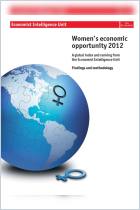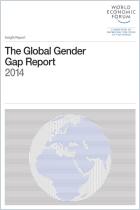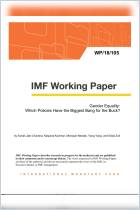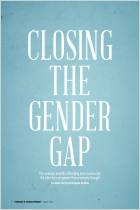
Recommendation
Avivah Wittenberg-Cox and Alison Maitland have carefully gazed through the gender-equality kaleidoscope and then turned it slightly – giving readers a refreshing view. Treating women as a workforce minority is no longer acceptable; nor should executives manage them in the same way as their male counterparts. Women are different from men, and their work and leadership styles reflect this difference. Treating women like men, or trying to “fix them” so they will advance in a male-centric work culture has not been successful, as demonstrated by the dearth of women in high leadership positions and on executive boards. Therefore, company leaders must reframe the gender debate and repair their biased systems. This book tells them how. getAbstract considers it important reading for human resources directors and corporate leaders, who may be heartened by its assurance that organizations that become “gender-bilingual” will find solutions to many 21st-century problems.
Summary
About the Authors
Avivah Wittenberg-Cox is the CEO of 20-first, a gender consultancy firm in Europe. Journalist Alison Maitland wrote for the Financial Times for two decades.





















Comment on this summary or Start Discussion